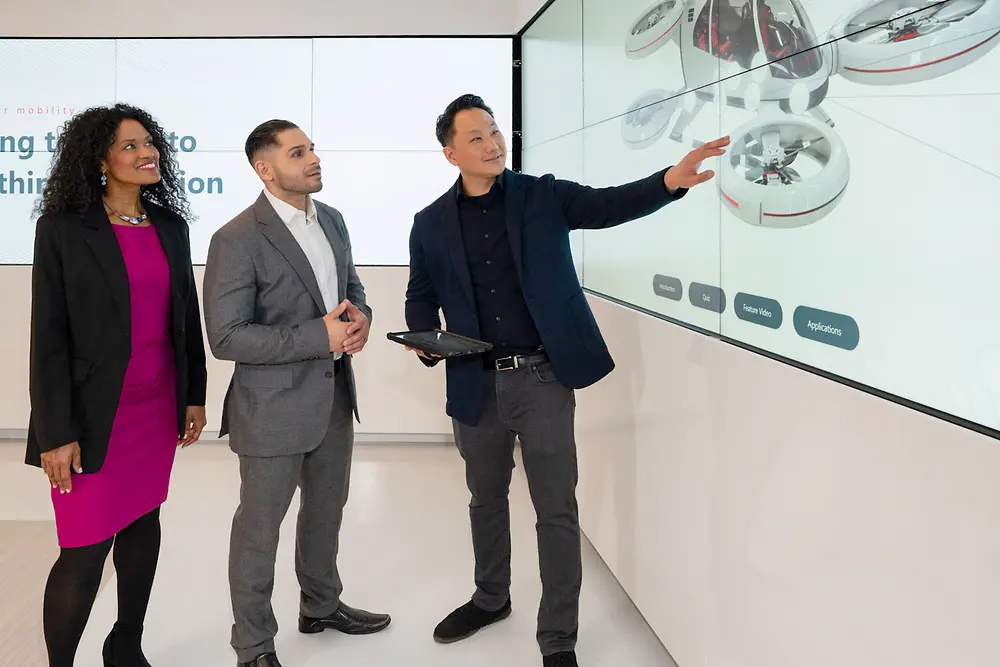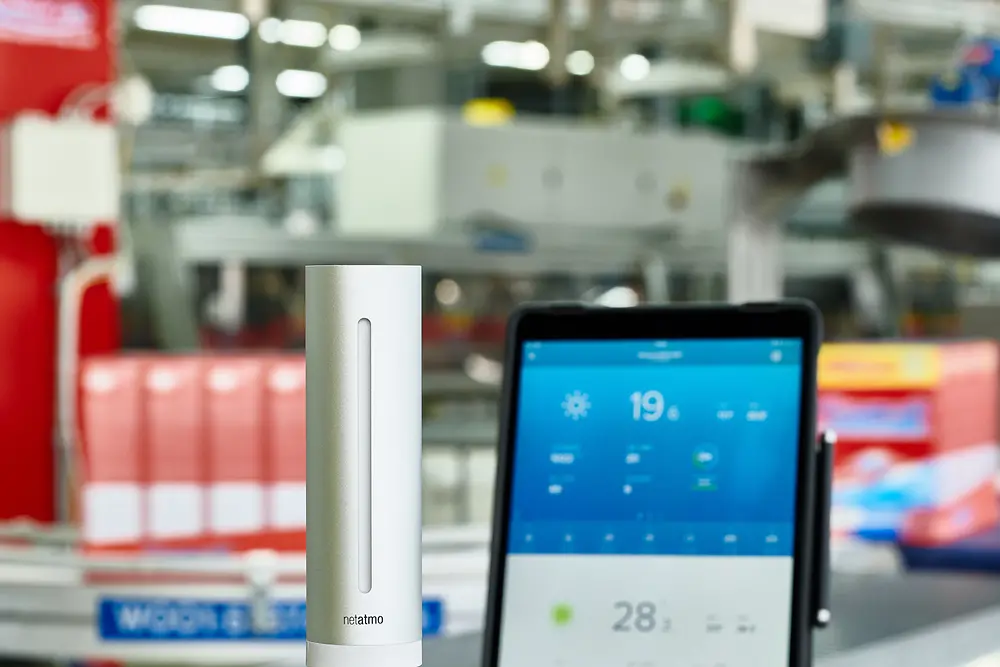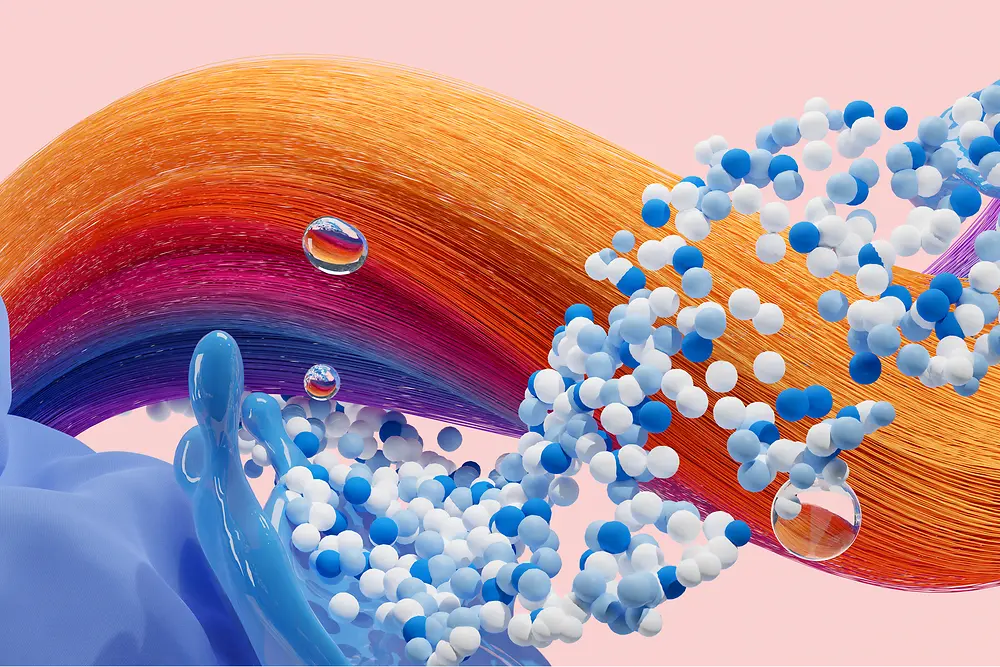Henkel, the company behind well-known brands such as Persil®, Dial®, Right Guard®, Schwarzkopf®, and Loctite®, and smart home company Netatmo today jointly released the positive sustainability result of implementing smart home technology in Henkel’s manufacturing plants. Henkel uses Netatmo’s Smart Home Weather Stations in its four North American Laundry & Home Care factories located in Salt Lake City, UT, St. Louis, MO, West Hazleton, PA and Bowling Green, KY to correlate weather data with potential procedures and changes to their manufacturing processes.
Through Smart Home products like Netatmo’s, factories derive appropriate measures for energy and utility consumption programs, which impact production measures, timing and cost.
“The sensors are part of our digital backbone and help us to further improve our sustainability metrics,” said Lars Kucka, Senior Vice President, Supply Chain North America, Henkel Laundry & Homecare. “Additionally, the data obtained by the sensors can be correlated to processing and product properties and thus support quality management.”
Fred Potter, CEO of Netatmo added: “This shows yet another way our products can help communities beyond home customers. In this case, our sensors can help Henkel achieve its commitment to sustainability.”
The Smart Home Weather Station consists of two components: an indoor and an outdoor module. Henkel uses the smart device to analyze the outside temperature, humidity and relative air pressure at the company’s production sites and correlate the data with energy consumption. The stations connect with Henkel’s monitoring system through the Netatmo API (app programmable interface) to retrieve, process and analyze the data against other factors inside the factories.
The technology gives Henkel data to understand the impact weather has on energy and utility consumption. As a result, limited natural resources such as gas and water can be used in a more efficient and sustainable way. The weather stations do not only contribute to Henkel’s sustainability strategy but also add value to its product quality. For example, gathered data helps to better predict changes to the production area and its materials due to humidity. This is particularly important for products that are highly sensitive to these factors, e.g. dishwasher tabs.







